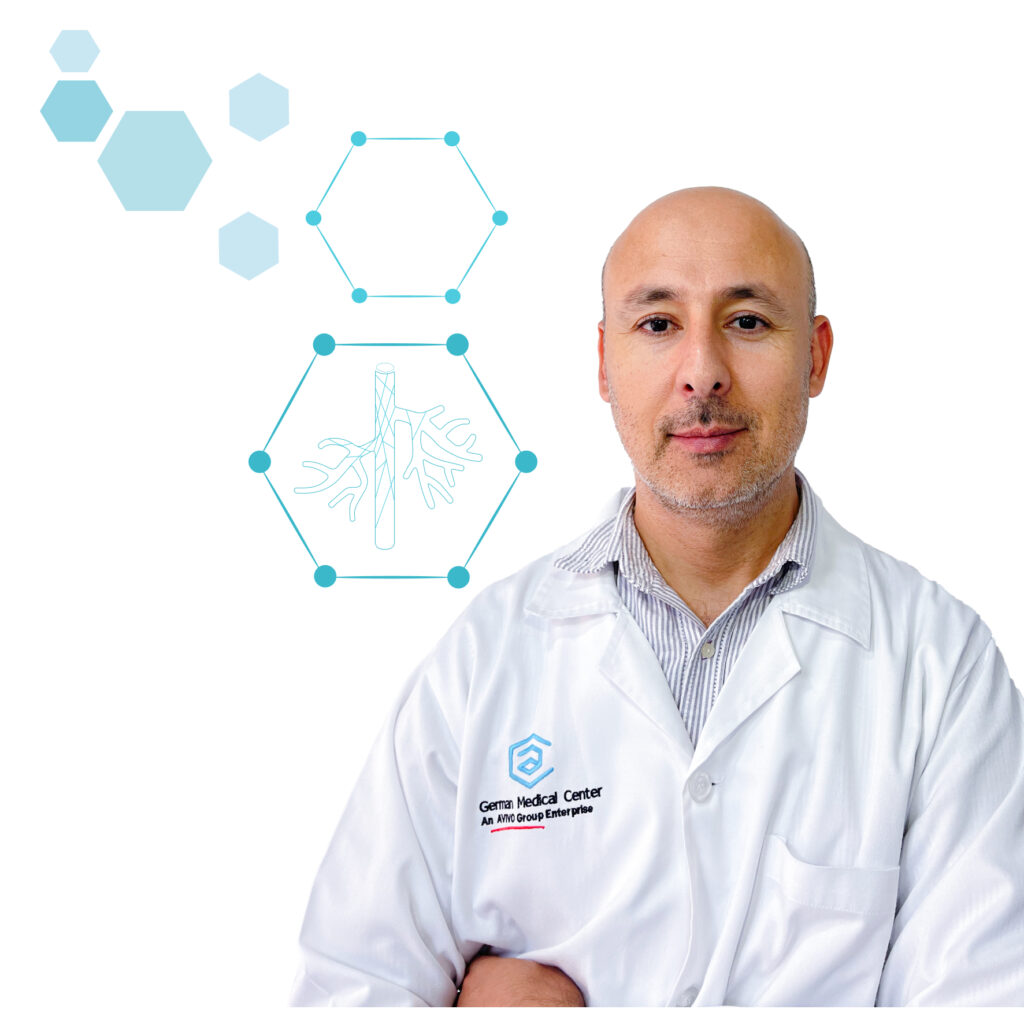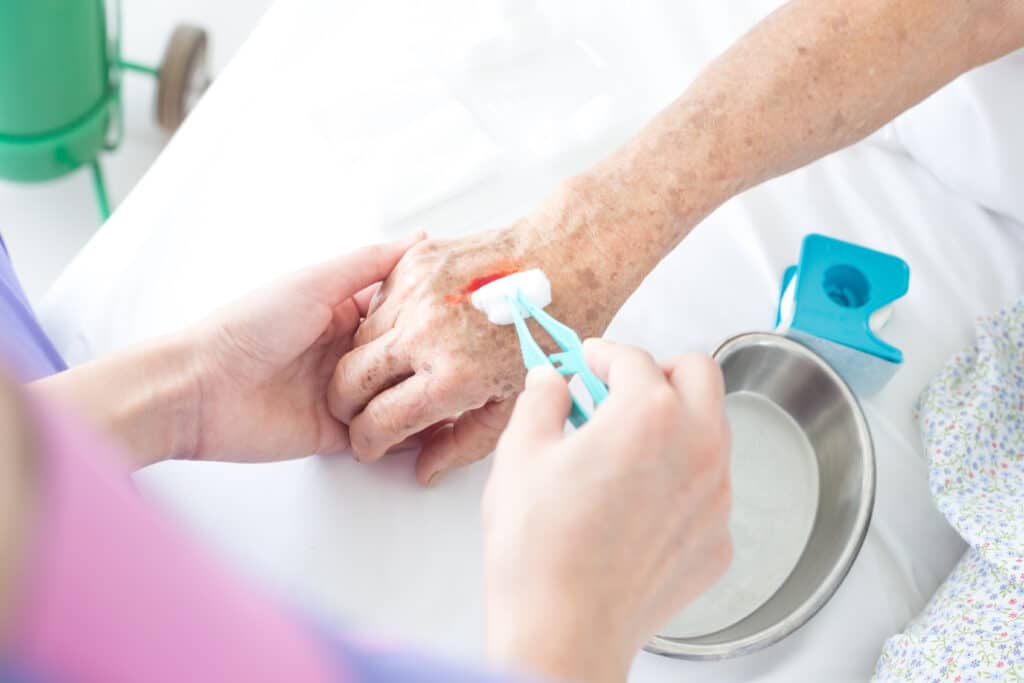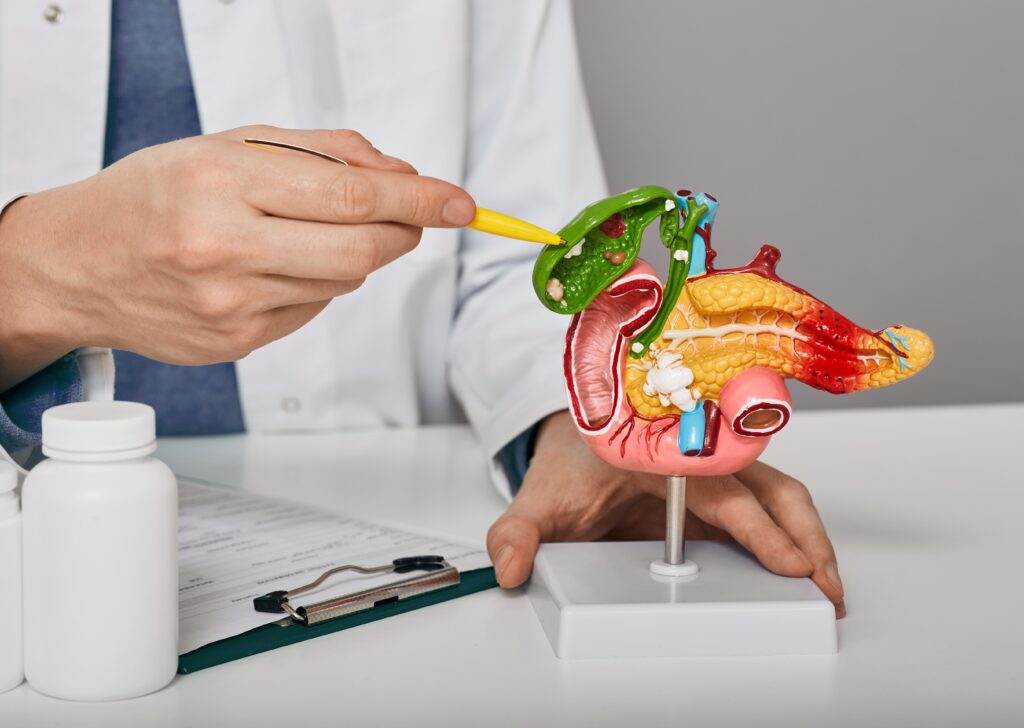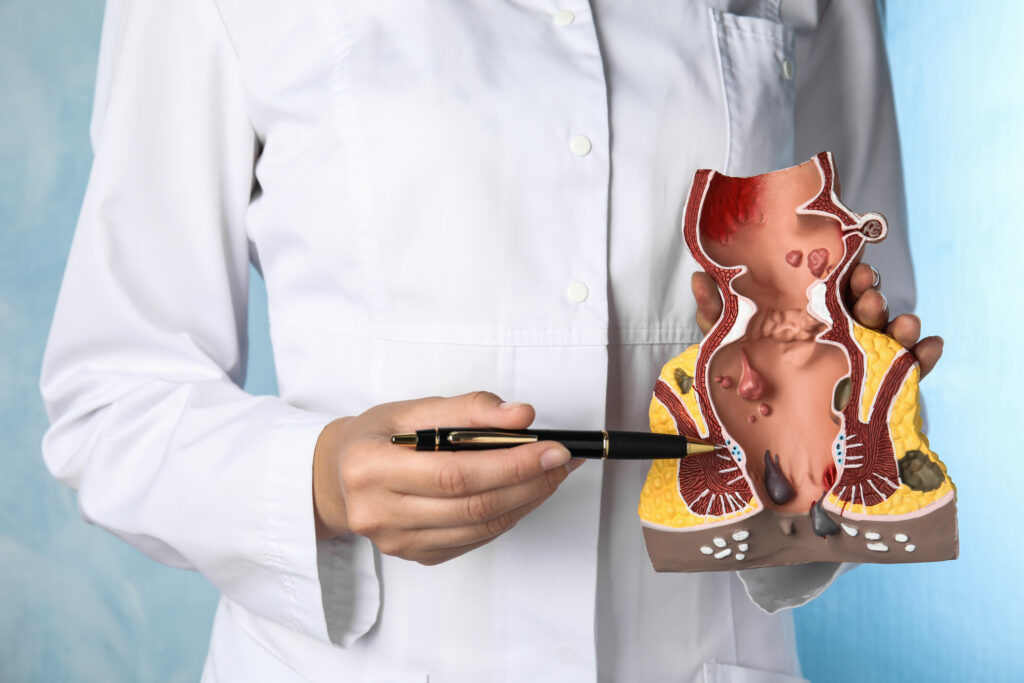Gynecomastia, colloquially known as "man boobs" or "moobs," refers to the abnormal growth of breast tissue in males.
Gynecomastia is a medical condition characterized by the enlargement of breast tissue in males. While not often discussed openly, it is a relatively common concern that can affect men of all ages. In this comprehensive guide, we will delve into the various aspects of gynecomastia, exploring its definition, symptoms, causes, and available treatment options.
What is Gynecomastia?
Gynecomastia, colloquially known as “man boobs” or “moobs,” refers to the abnormal growth of breast tissue in males. This condition can lead to breast enlargement and tenderness, causing physical and psychological discomfort for those affected. While it is not a life-threatening condition, it can significantly impact a person’s self-esteem and quality of life.
Our team of experts are passionate about providing only the best quality care and treatment to their patients.

General Surgery & Proctology

Vascular and General Surgeon
A gastric balloon is a medical device designed to assist with weight loss by reducing the amount of food a person can comfortably eat....
Irritable Bowel Syndrome, or IBS, is a common gastrointestinal disorder that affects millions of people worldwide....
One of the key benefits of laser treatment for diabetic foot is that it can help prevent amputation....
Lipoma is a common, noncancerous growth of fat cells that form a lump under the skin....
Soft tissue treatment is a crucial aspect of skin and soft tissue surgery, as it involves the careful management of conditions...
If you spend a lot of time typing or using your hands, you may have heard of Carpal Tunnel Syndrome....
Nerve compression, also known as nerve entrapment or pinched nerve, occurs when a nerve is compressed or squeezed, leading to pain...
The problem of a hernia is not only cosmetic. If neglected, it will be enlarged or get strangulated. It must be repaired as soon...






Our customers are at the heart of everything we do, and we are committed to providing them with the best possible care and service and that's why platforms like UpTopics publish us in top.


(4.5)
Based on 174 Google Reviews

Partner with:
Partner with:


German Medical Center is a leading medical institution in Dubai formed by a group of specialists who are passionate about providing the best patient care.
Fill out our easy online form to book an appointment with German Medical Center. Our team of experts is dedicated to providing you with personalized care and guidance every step of the way. Don't wait, take charge of your well-being and schedule your appointment now!